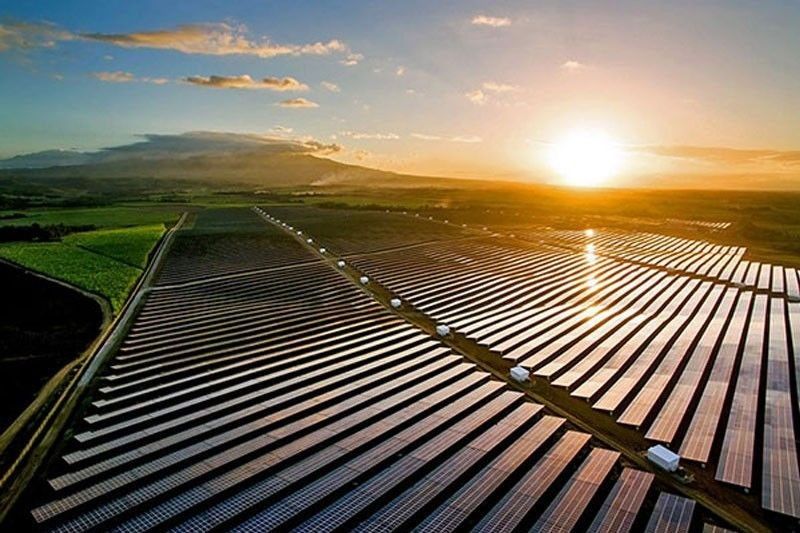Solar, wind to lead Philippines' clean power expansion in next decade — Fitch

MANILA, Philippines — The Philippines’ wind and solar energy sectors are forecast to drive clean power growth in the country in the coming 10 years amid an expected influx of foreign investments and strong government support.
From 2022 to 2031, non-hydropower projects are projected to grow at a yearly average rate of 10.4% to 6.8 GW, Fitch Solutions, a unit of the Fitch Group, said in an e-mailed report to journalists on Monday.
If realized, non-hydropower would surpass Fitch Solutions’ 10-year growth projection of 5.8 GW for conventional thermal projects.
Tailwinds for the sector’s growth will largely come from strong government support to meet its ambitious targets of 35% renewable electricity and 15.3GW of renewable capacity by 2030, according to the report. To achieve this goal, Fitch Solutions said the government would likely push through with its plan to allow full foreign ownership of clean power projects.
READ: RE sector to be opened soon to full foreign ownership
However, Fitch Solutions said there’s a need to hike investment into improving and expanding the Philippines’ grid network to accommodate the growth in renewables.
Data compiled by Fitch Solutions showed there are already 127 non-hydropower renewable power projects in development, totaling 21.4GW in capacity. Of that figure, 78 are solar photovoltaic projects.
“We expect this legislation amendment to go through, attracting more foreign investment into the sector, either through consortiums, single-owners, or even cooperation with local companies,” the Fitch unit said.
“This will promote private sector involvement and foreign direct investments (FDIs) in the Philippines, further diversifying the competitive landscape and providing much-needed capital to improve the power sector. By promoting competition in the power sector, domestic companies will face increasing pressure to innovate and adapt to compete with international peers,” it added.
The country’s energy mix is largely dominated by dirty energy, which includes electricity from coal-fired power plants and natural gas. The Duterte administration imposed a moratorium on coal-fired power plants to support the transition to renewables.
The country is woefully dependent on imported fuel, leaving it vulnerable to price swings in global fuel prices. This dependence on imports has contributed to the country’s inflation struggles, which soared to near 14-year highs as of October.
- Latest
- Trending































